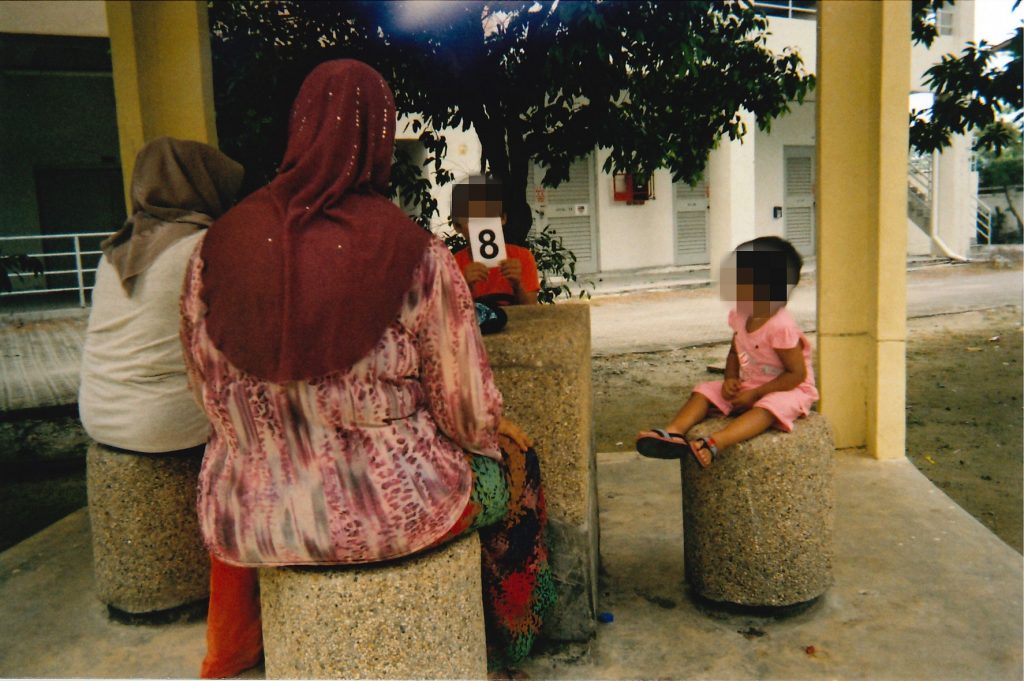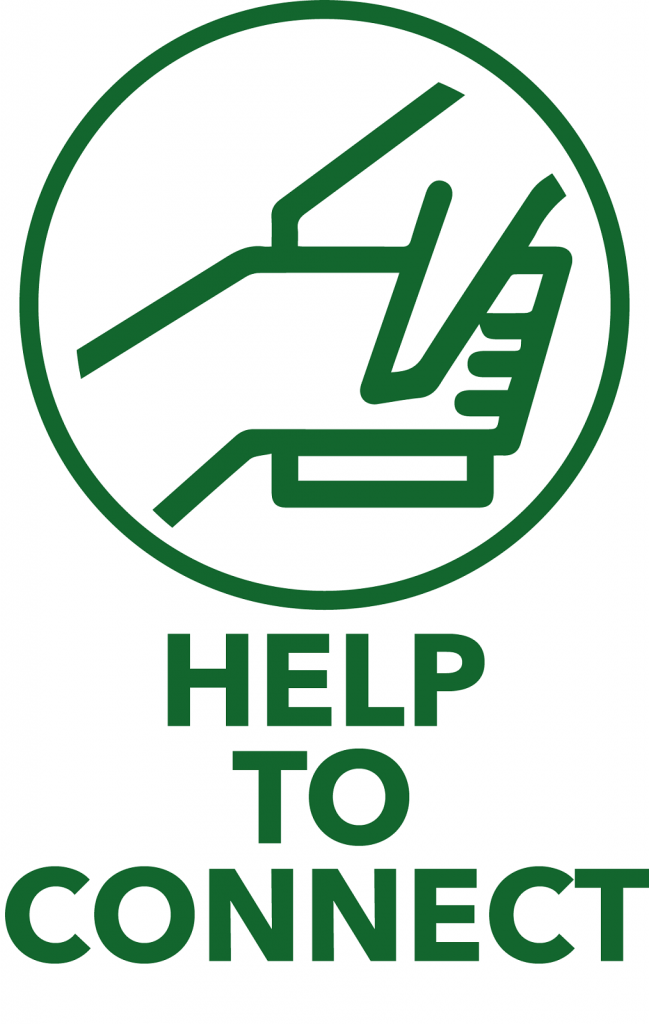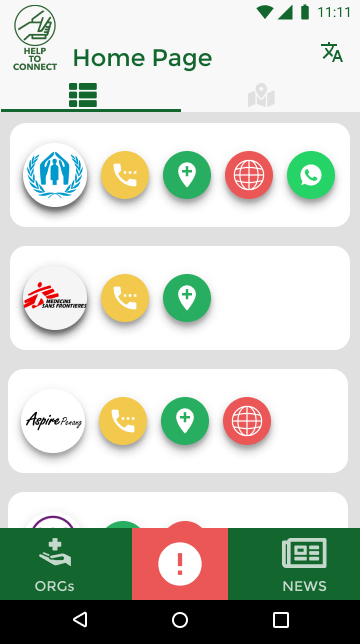Heriot-Watt University researchers have created a mobile phone app to help refugee communities in Malaysia to access advice and resources. The app has been developed in close partnership with Aspire Penang, an NGO based in Penang, Malaysia, which works closely with the refugee community. It has also been supported by UNHCR, the UN Refugee Agency.
Dr Gina Netto, of The Urban Institute, researched the challenges of digital exclusion with Rohingya people living in Malaysia in 2019. As well as common challenges of access to wi-fi, electricity and SIMs, many people also faced language barriers. Rohingyan is a spoken language, with no recognised written form, and many older community members don’t read. The refugee community suggested ideas of how their phones could help them to feel safer, and to access education.
This has been a very positive partnership, with the engagement of the refugee community at the core of the design, development and testing of this app.
Aspire Penang NGO
When the Covid-19 pandemic emerged in early 2020, a research team led by Prof Lynne Baillie, worked with community members to develop and deploy an app for the refugee community. The new COVID app provides information about how to prevent Covid19, symptom awareness, what to do if feeling unwell and who to contact if needing help. The app also allows immediate updates about new local directives .



